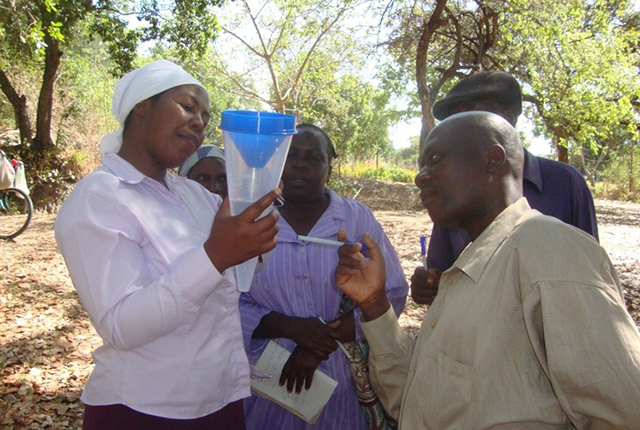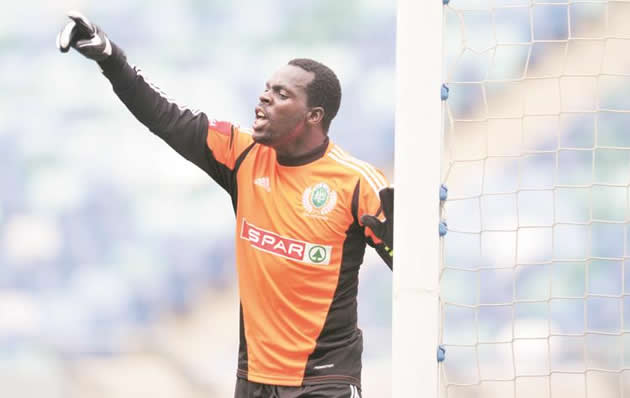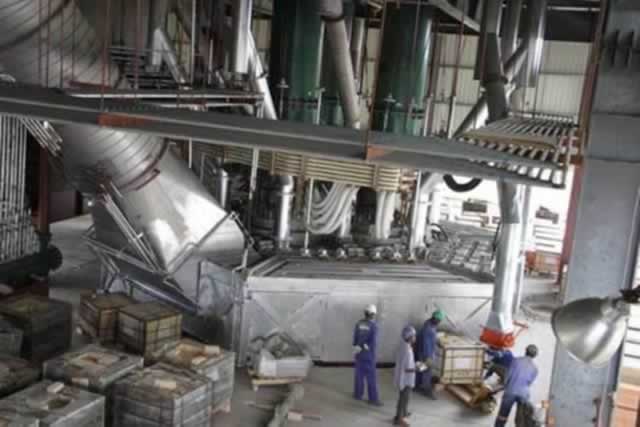How to improve weather predictions


Rural communities in Zimbabwe have deep climate knowledge which has to be taken seriously by modern science
Charles Dhewa
While seasonal forecasts are becoming more important, it is also clear that relatively accurate predictions will result from creatively combining modern science and local knowledge.Since indigenous knowledge has not remained static but has borrowed fragments from elsewhere, knowledge in any African community can no longer be regarded as purely indigenous. Every knowledge system has a strong capacity to borrow perspectives from other forms of knowledge encountered by community members travelling from rural to urban areas as well as outside the country and back.
To the extent that Geography and Environmental Science in formal schools has influenced community understanding of weather and climate change, local knowledge in most African communities can no longer be considered entirely indigenous but a combination of formal knowledge from schools and indigenous experiences.
Assuming an agricultural community functions on 70 percent indigenous knowledge and 30 percent formal knowledge, it is unfortunate that official climate and weather information continues to come from formal knowledge. All weather forecasts continue to be informed by modern science alone yet communities and farmers can enrich weather and climate information with their insights.
Harnessing the power
of local knowledge
Every African community continues to be good at using all human senses in generating and sharing weather and climate knowledge. Excellent work by Juliet Gwenzi of the University of Zimbabwe’s Agromet Research Group with communities in Uzumba Maramba Pfungwe has revealed the wealth of knowledge and climate predictive capacity possessed by rural communities. Below are some of the fascinating insights from her work worth sharing:
Diverse ways of
weather forecasting
Farmers in Uzumba-Maramba-Pfungwe have diverse ways of weather forecasting which include flowering and fruiting of trees, the behaviour of birds, insects and atmospheric observations. As shown in Table 1, several insects are used for seasonal and short-term forecasting.
Atmospheric indicators
linked to science
The communities also make use of atmospheric indicators that have a strong link with science, as indicated in Table 2.
How local knowledge systems are used for decision making (See Table 3)
From passive to active knowledge
Besides Uzumba-Maramba-Pfungwe, all rural communities in Zimbabwe have deep climate knowledge which has to be taken seriously by modern science. Each community’s “passive” knowledge should be recognised and integrated into national or regional climate knowledge systems.
One way of giving life and visibility to community knowledge is through setting up a knowledge centre where knowledge can be consolidated, verified, updated and some elements replaced with new discoveries.
Rather than continue treating farmers and rural people as informants, policy makers should fully engage them in knowledge generation and sharing. That is how reliable answers can be found.
Just as modern science cannot address climate change alone, local knowledge is inadequate without perspectives from outside particular communities. According to findings by Juliet Gwenzi and her team in Uzumba Maramba Pfungwe, climate change is threatening indigenous knowledge systems in many ways. For instance, it is clear that the rate of climate shocks and extreme weather events is outpacing the ability of farmers to cope.
New trees are no longer growing in many communities and old trees no longer provide reliable predictions. Atmospheric signals are also producing confusing outcomes. All this calls for a serious re-visiting of both formal and local knowledge systems. Local communities should be engaged early, frequently and deeply if climate change is to be managed in ways that improve the effectiveness, potential and opportunities of agriculture-driven economies.
Communities need a mechanism for receiving climate and weather observations from multiple sources as well as integrating observations into usable knowledge and insights. That is a better way of deriving knowledge which can be passed to decision makers and the young generation. Involving communities can be a better way of reaching decision points rather than continue dancing with opposing views but no solution.
Charles Dhewa is a proactive knowledge management specialist and chief executive officer of Knowledge Transfer Africa (Pvt) (www.knowledgetransafrica.com) whose flagship eMKambo (www.emkambo.co.zw) has a presence in more than 20 agricultural markets in Zimbabwe. He can be contacted on: [email protected] ; Mobile: +263 774 430 309 / 772 137 717/ 712 737 430.









Comments